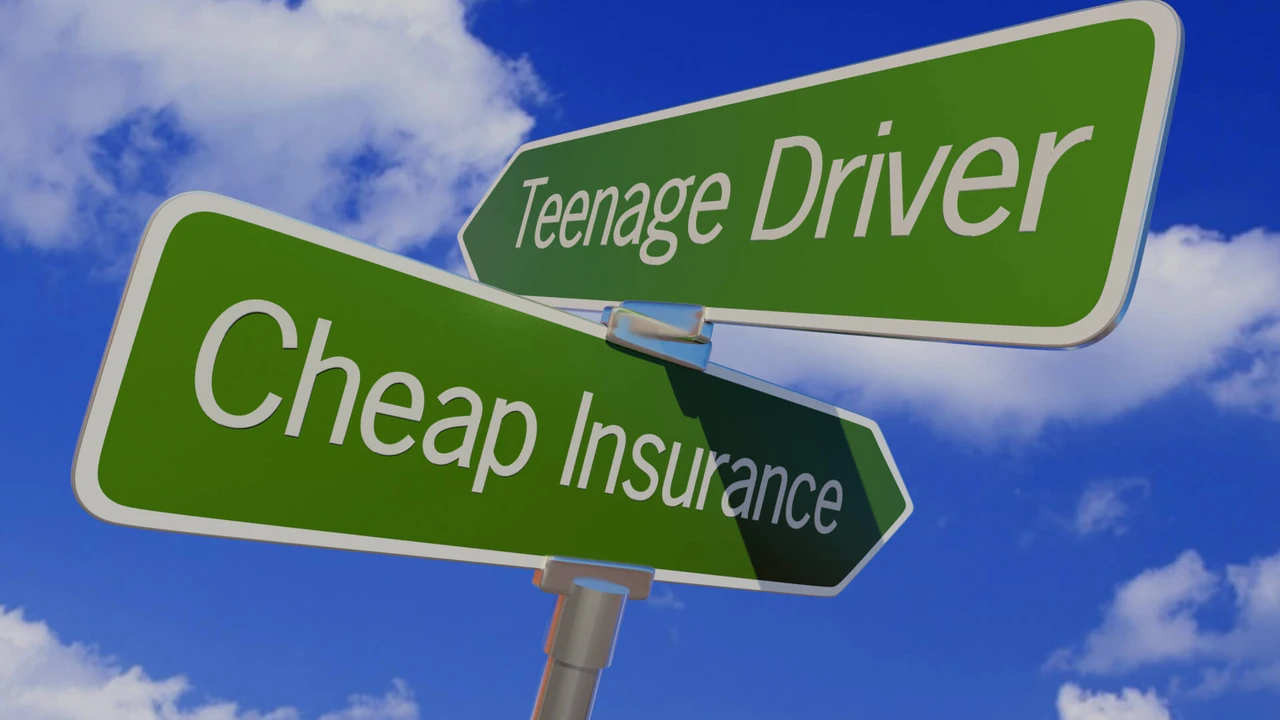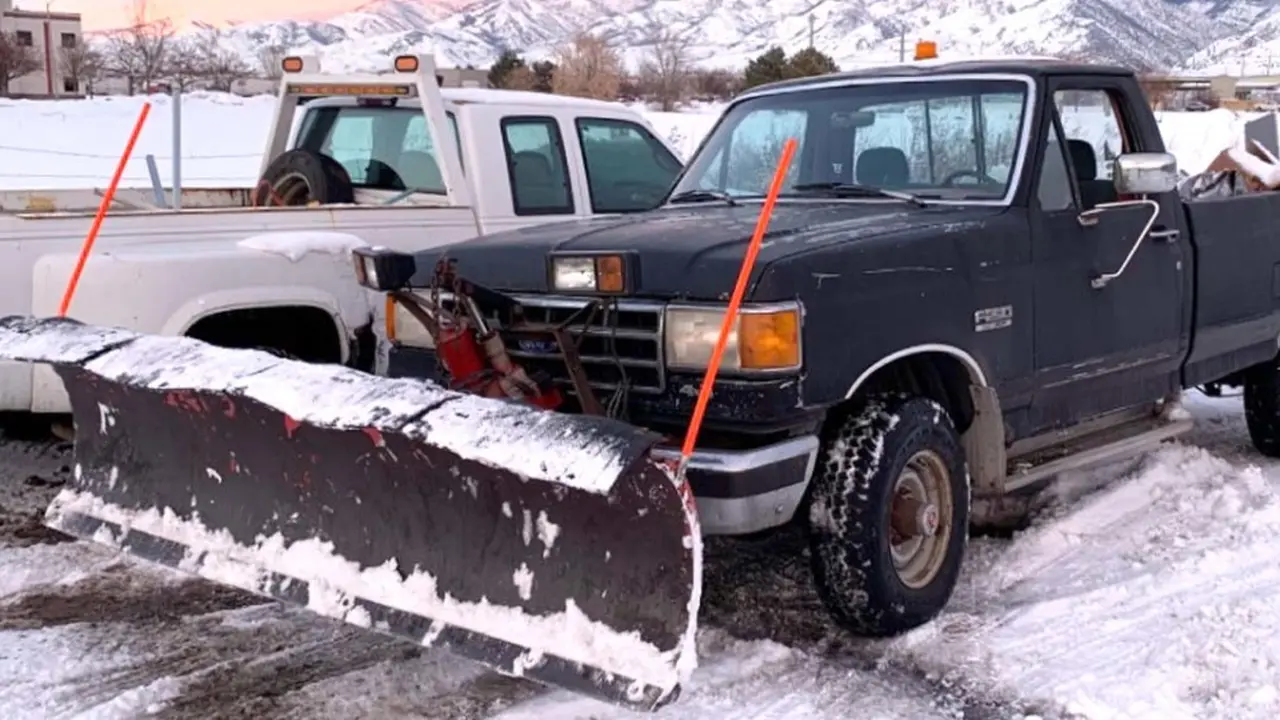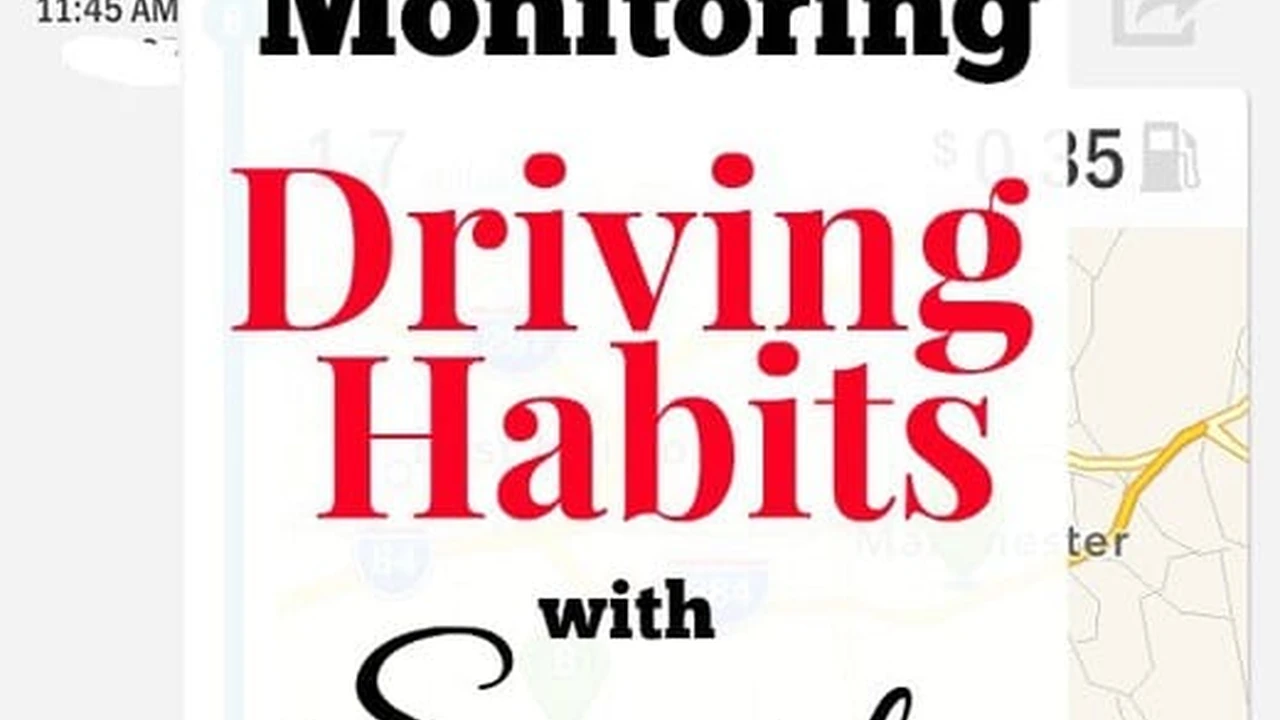Defensive Driving Courses: Improving Skills and Lowering Rates

Understanding Teen Driver Insurance Costs and Defensive Driving Courses
Okay, let's talk teen driver insurance. It's no secret that insuring a teen driver can feel like you're funding a small nation. Why? Because statistically, inexperienced drivers are more prone to accidents. Insurance companies see that risk and, well, they charge accordingly. But here's the good news: defensive driving courses can be a game-changer. They're not just about learning the rules of the road; they're about developing skills and habits that make you a safer, more aware driver. And guess what? Insurance companies like that a LOT. They often offer discounts to drivers who complete these courses. So, it’s a win-win: safer driving and lower premiums.
The Benefits of Defensive Driving Courses for Teen Drivers A Comprehensive Overview
So, what exactly *are* the benefits? Beyond the potential insurance discount (which is a big one!), defensive driving courses teach invaluable skills. Think hazard perception, crash avoidance techniques, and how to handle tricky situations like skidding or hydroplaning. They also reinforce the importance of safe driving habits, like avoiding distractions, maintaining a safe following distance, and driving defensively (hence the name!). These courses can significantly reduce the risk of accidents, not just for teen drivers but for everyone on the road. Plus, many courses cover topics like vehicle maintenance and emergency procedures, which are useful skills for any driver to have.
Choosing the Right Defensive Driving Course Key Considerations for Teen Drivers
Not all defensive driving courses are created equal. You'll find online courses, in-person classes, and even courses specifically tailored for teen drivers. When choosing a course, consider the following: Is it approved by your state's DMV or relevant regulatory body? Does it cover the topics you're most interested in learning? What's the format – online, in-person, or a hybrid? And, of course, what's the cost? Some courses are more expensive than others, but the potential savings on insurance premiums could easily offset the cost. Check reviews and ask for recommendations from friends or family who have taken similar courses. Also, confirm with your insurance company which courses qualify for a discount. They might have a list of approved providers.
Top Defensive Driving Courses for Teen Drivers Recommendations and Reviews
Alright, let's get down to some specific recommendations. Keep in mind that availability and approval can vary by state, so always double-check before enrolling.
- IDriveSafely: This is a popular online option that's approved in many states. It's interactive, engaging, and covers a wide range of topics. It's a good choice for teens who prefer learning at their own pace.
- Improv Traffic School: If you're looking for something a little more entertaining, Improv Traffic School uses humor to teach important driving concepts. It's still a legitimate defensive driving course, but it's designed to be less boring than traditional options.
- National Safety Council (NSC) Defensive Driving Course: The NSC offers both online and in-person courses. Their courses are known for being comprehensive and focusing on practical skills. They're a solid choice if you want a more traditional learning experience.
- Local Driving Schools: Don't forget to check out local driving schools in your area. They often offer defensive driving courses that are tailored to the specific challenges of driving in your region.
Product Comparisons and Pricing of Defensive Driving Courses
Let's break down the cost and features of those recommended courses. Keep in mind these prices are estimates and can vary.
| Course | Format | Estimated Cost | Key Features | Best For |
|---|---|---|---|---|
| IDriveSafely | Online | $30 - $70 | Interactive, self-paced, DMV-approved in many states. | Teens who prefer online learning. |
| Improv Traffic School | Online | $30 - $60 | Humorous, engaging, covers essential topics. | Teens who want a less boring course. |
| National Safety Council (NSC) Defensive Driving Course | Online or In-Person | $50 - $150 (In-person generally more expensive) | Comprehensive, practical skills, traditional learning. | Teens who prefer a structured learning environment. |
| Local Driving Schools | In-Person | $50 - $200 | Tailored to local driving conditions, personalized instruction. | Teens who prefer face-to-face learning. |
Defensive Driving Courses in Different Scenarios Real-Life Examples
Okay, let's paint a picture. Imagine you're a new driver, Sarah, and you've just completed the IDriveSafely course. A few weeks later, you're driving home from school and it starts to rain heavily. Visibility is poor, and the roads are slick. Because of the defensive driving course, you remember the techniques for driving in wet conditions: reducing your speed, increasing your following distance, and avoiding sudden braking. You stay calm, adjust your driving accordingly, and arrive home safely. That's the power of defensive driving.
Another scenario: Mark takes the NSC Defensive Driving Course. He's learned about hazard perception and is now much more aware of potential dangers on the road. One day, he's approaching an intersection when he notices a car speeding towards him from the left. He anticipates that the car might run the red light and prepares to brake. Sure enough, the other car blows through the intersection. Mark's quick thinking and defensive driving skills allow him to avoid a collision.
These are just two examples, but they illustrate how defensive driving courses can make a real difference in real-life situations. They're not just about passing a test; they're about developing the skills and habits that can save lives.
Beyond the Course Practicing Defensive Driving Techniques Daily
Completing a defensive driving course is a great start, but it's important to continue practicing those skills every time you get behind the wheel. Stay focused, avoid distractions, and be aware of your surroundings. Maintain a safe following distance, scan the road ahead, and anticipate potential hazards. Remember, defensive driving is a mindset, not just a one-time event. The more you practice, the more natural it will become, and the safer you'll be on the road. Consider practicing with a more experienced driver, especially in challenging conditions like rain or snow. They can provide valuable feedback and help you refine your skills.
The Long-Term Impact of Defensive Driving Courses on Driving Habits
The benefits of defensive driving extend far beyond just lowering insurance premiums. These courses can instill lifelong safe driving habits that will protect you and others on the road for years to come. By learning to anticipate hazards, react quickly, and make informed decisions, you'll become a more confident and responsible driver. And that's something you can't put a price on.
Defensive Driving Courses and Advanced Driver Assistance Systems (ADAS) Working Together
Modern cars are packed with Advanced Driver Assistance Systems (ADAS) like lane departure warning, automatic emergency braking, and adaptive cruise control. While these technologies can be helpful, they're not a substitute for good driving skills. Defensive driving courses can teach you how to use ADAS effectively and understand their limitations. You'll learn how to stay in control even when these systems are activated and how to react if they malfunction. Think of ADAS as tools in your toolbox, and defensive driving as the knowledge and skills you need to use those tools effectively.
The Role of Parents in Encouraging Defensive Driving for Teenagers
Parents play a crucial role in encouraging their teens to take defensive driving courses. Lead by example by practicing safe driving habits yourself. Talk to your teen about the importance of defensive driving and the potential benefits of taking a course. Offer to pay for the course or help them find a reputable provider. And most importantly, be supportive and encouraging throughout the process. Remember, your teen's safety is worth the investment.
:max_bytes(150000):strip_icc()/277019-baked-pork-chops-with-cream-of-mushroom-soup-DDMFS-beauty-4x3-BG-7505-5762b731cf30447d9cbbbbbf387beafa.jpg)






